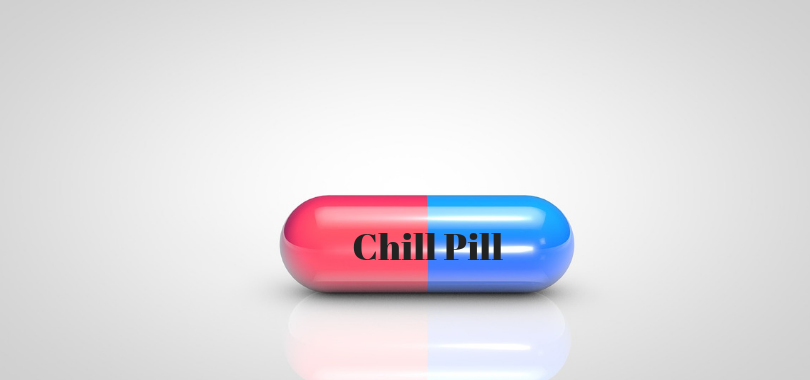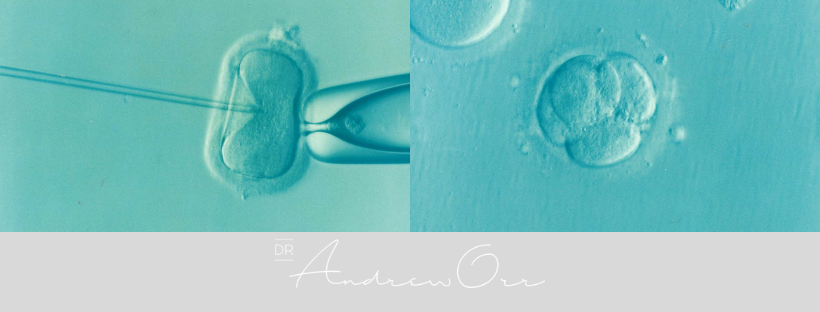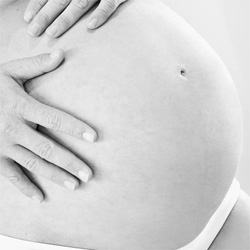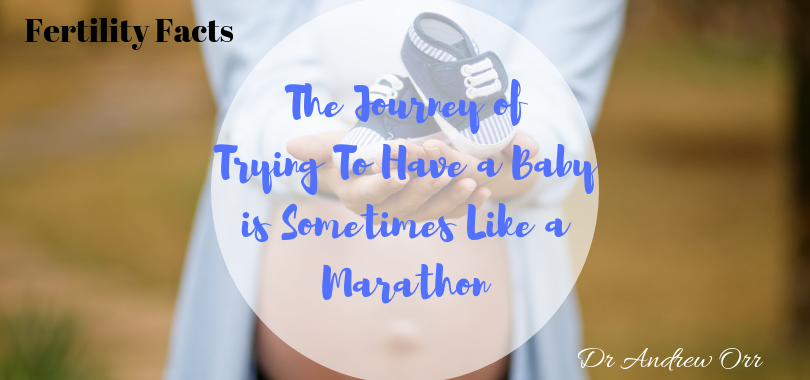A new research study conducted by the university of Sheffield has shown that supplementation of Lycopene, a compound found in cooked tomatoes, has helped improve the sperm quality in a group of men.
Many studies have examined the role of dietary factors, antioxidants and amino acids and data from randomized controlled trials suggest that antioxidant therapy can improve sperm quality.
Health benefits of lycopene supplementation have been proposed for a variety of health conditions. This recent study examines whether 14mg of daily lycopene supplementation, for 12 weeks, can help improve sperm motility and sperm morphology in men.
Poor sperm quality
Poor sperm quality is a major contributor to infertility in heterosexual couples, but men are often overlooked and often are unwilling participants in the journey to have a baby. There is no doubt that sperm quality is declining and many couples inability to have a baby is actually coming from the male side of things, not the female side.
It is generally recognized that 50% of fertility issues are related to male sub-fertility and poor quality sperm. Typically, fertility problems in the male manifest themselves as ejaculates containing too few sperm (oligozoospermia), or sperm that swim poorly (asthenozoospermia), or sperm with poor size and shape (teratozoospermia) or a combination of all three.
Factors Affects Sperm Quality
Known factors that affect sperm are – Poor diet, obesity, alcohol, smoking, recreational drugs, steroids, medications, chemicals and environmental factors. There are also genetic and hereditary issues that affect sperm as well.
Women are often driving force behind fertility health
Women are often the ones being very proactive in whatever it takes to have a baby and will take supplements, improve their diet, and look at any way they can to help with conceiving. Unfortunately, getting men to do the same can be like pulling teeth and we need to start educating men of the importance of preconception care prior to having a baby.
Men offered very little advice about sperm health
Unfortunately many fertility clinics and healthcare practitioners in general, are giving very little advice and information around what men can do to improve their sperm. Many healthcare professionals are also only focussing on delivering general advice to highlight the known lifestyle risks for poor sperm quality. More advice around preconception care is needed.
Preconception care for men is a must
There is now lots of research about the importance of preconception care for men and lots of research on the importance of a healthy diet, lifestyle changes and the role of antioxidants and amino acids for sperm health and sperm quality.
This recent study could add to the ways that men can improve their sperm quality and help with the outlook for men with known sperm issues. This recent study could also add to existing research and could also lead to better ways to reduce the damaging impact of modern living on reproductive health. We really do need for all couples to know, that of all infertility cases, at least 50 per cent of the issue is due to male factors and poor quality sperm.
Lycopene increases sperm quality
This is the first ever double-blind randomised controlled trial to assess the impact of giving men a bio-enhanced form of lycopene (called LactoLycopene) to see if it helped with sperm quality. The team from the university of Sheffield discovered that the lycopene supplementation made no significant difference to sperm count and concentrations. However the rapid progressive motile sperm and the sperm with normal morphology increase by around 40% in response to the lactolycopene intervention. Rapid progressive sperm and morphology are the two most important parameters for sperm quality and for increasing chances of fertilisation and pregnancy.
During the 12-week trial half the recipients took LactoLycopene supplements and the other half took identical placebo (dummy pills) every day for 12 weeks. Neither the researchers nor the volunteers knew who was receiving the LactoLycopene treatment and who was receiving the placebo. Sperm and blood samples were collected at the beginning and end of the trial. The researchers were surprised by the improvement in the sperm quality shown by the results. The improvement in morphology and rapid progressive sperm was dramatic after lycopene supplementation.
What are Lycopenes?
Lycopene can be found in some fruits and vegetables, but the main source in the diet is from tomatoes. However, the bioavailability of lycopene from fresh tomatoes is low, but this is enhanced by a special natural processing technique of heating and infusing tomatoes with oil. As such, this study used lactolycopene, the main ingredient of which lycopene is embedded in a special protein mix for enhanced intestinal absorption.
This was the first properly designed and controlled study of the effect of LactoLycopene on semen quality, and it has spurred researchers to want to do more research into lycopene and well as other antioxidants and amino acids that may help with sperm quality. The research also shows the role these antioxidants play in helping inhibit the damaging effects of oxidation and oxidative stress.
Oxidation and Oxidative Stress Damage Sperm
Oxidation and oxidative stress is a known cause of damage to sperm and the sperm DNA. Lycopene is a powerful antioxidant that is potentially inhibiting oxidation and the damage of oxidative stress causes to sperm quality. Researchers believe this antioxidant is the key to improvements in sperm quality seen in this trial and could be an answer to the cause of many male fertility problems. More research is needed and the research team is hoping to embark on a new study as soon as possible.
Final Word
As part of my fertility program all males are educated on the importance of preconception care and about optimum sperm health. All men on my fertility program are given antioxidants and supplements that have been shown to assist with sperm quality and maintain optimum sperm health. Men are 50% of the equation of making a baby and why all men need to be included in any preconception care and any program to assist couples in having a baby.
Regards
Andrew Orr
-No Stone Left Unturned
-Master of Reproductive Medicine
-The International Fertility Experts
Journal Reference:
- Elizabeth A. Williams, Madeleine Parker, Aisling Robinson, Sophie Pitt, Allan A. Pacey. A randomized placebo-controlled trial to investigate the effect of lactolycopene on semen quality in healthy males. European Journal of Nutrition, 2019; DOI: 1007/s00394-019-02091-5











